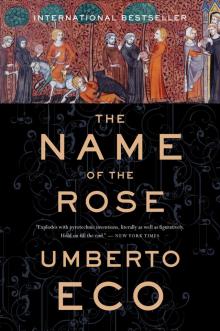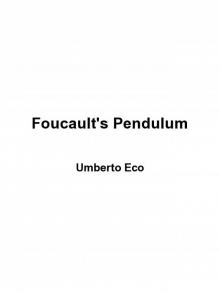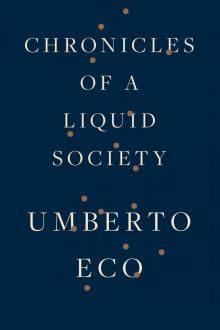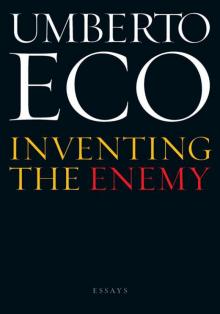
Der mit allen Wassern der Fabulierkunst gewaschene Schelm Baudolino erzählt uns seine Lebensgeschichte.
Informationen über die historischen Hintergründe zu »Baudolino« finden Sie im Special des Carl Hanser Verlags ...
Konstantinopel brennt! Die prachtvolle Hauptstadt des Byzantinischen Reiches – erobert, geplündert und in Brand gesetzt von den Rittern des Vierten Kreuzzuges. Einer von ihnen ist ein gewisser Baudolino aus dem Piemont. Den Kopf voller Flausen, Phantasien und Lügen, führt er uns durch ein historisches Panorama von überwältigender Breite.
Er erzählt, wie er als 13jähriger Bauernsohn den im Nebel herumirrenden Kaiser Barbarossa aufgabelt, der Gefallen an dem naseweisen Jungen findet und ihn daraufhin adoptiert; wie er den Kaiser auf seinen Italienzügen gegen die aufmüpfigen oberitalienischen Städte begleitet und auf den großen Kreuzzug ins Heilige Land, immer auf der Suche nach dem mythischen Reich des Priesterkönigs Johannes im fernen Orient. Und natürlich wie er, Baudolino, mit seinen aberwitzigen Ideen ganz nebenbei den Lauf der Weltgeschichte lenkt, ob nun bei der Heiligsprechung Karls des Großen 1165 oder bei der Erfindung der Legende der Heiligen Drei Könige, um dem Erzbischof von Köln, Rainald von Dassel, einen überwältigenden Einzug in seine Domkirche zu sichern.
Alles hat Baudolino miterlebt, doch ein Geheimnis kennt nur er ganz allein: Barbarossa, der angeblich im Fluß ertrank, ist mysteriöserweise bereits in der Nacht zuvor ums Leben gekommen. Unfall? Herzversagen? Nein, Mord! Baudolino ahnt, wer der Mörder sein könnte …
Read online


















